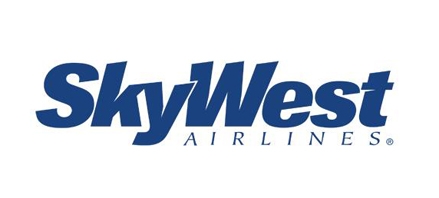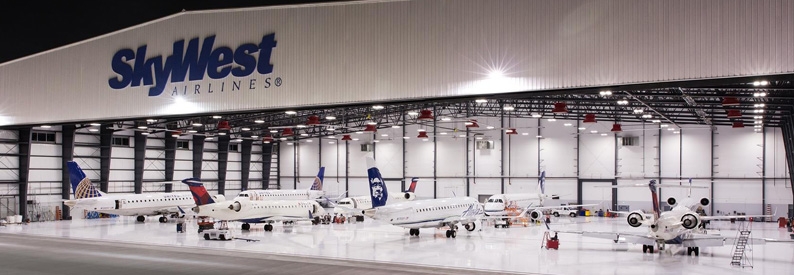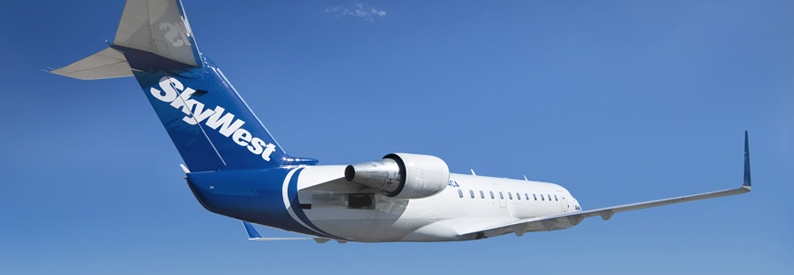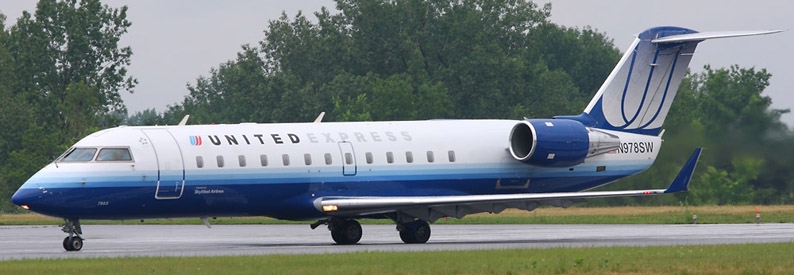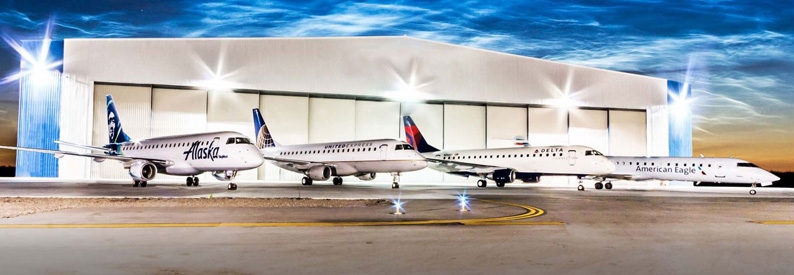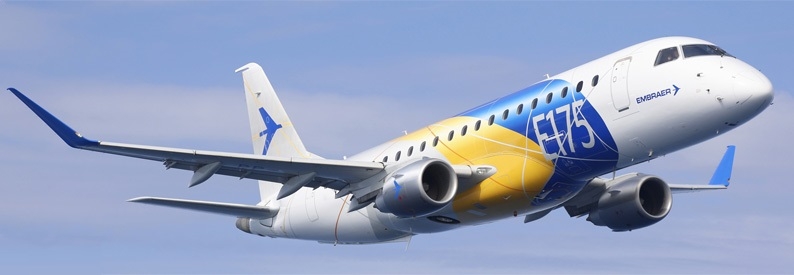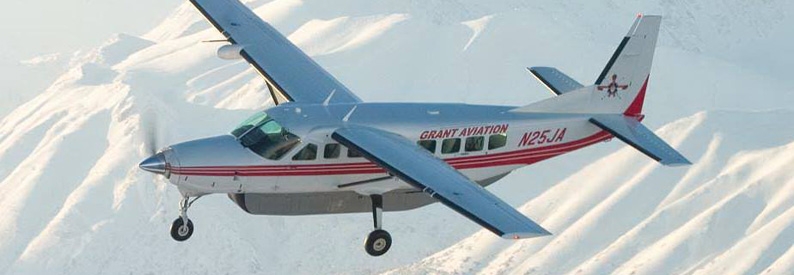SkyWest Airlines (OO, St. George Municipal) has dismissed as "baseless, inaccurate, and misleading" concerns about its Part 135 charter subsidiary SkyWest Charter (SWC) expressed by the Air Line Pilots Association International (ALPA) in a letter to US Transportation Secretary Pete Buttigieg.
In the April 26 letter, the world's largest pilot union described SWC as an attempt by SkyWest to substitute Essential Air Service (EAS) flying with an "alter-ego charter subsidiary operating essentially as a scheduled operation, but at a lesser level of safety". "The airline seeks to shift its flying under Part 121's safety regulations to its own surrogate that will operate the same aircraft but under public charter rules and Part 135's safety regulations, with fewer seats and less experienced and qualified first officers." It accused SkyWest of attempting to "roll back the clock and skirt aviation safety rules that have led to a 99.8% reduction in airline passenger fatalities in the United States".
Responding in a separate letter to Buttigieg on April 27, SkyWest President and CEO Russel "Chip" Childs rejected ALPA's concerns as "thinly veiled attempts under the cloak of safety" to bar market entry by SWC, "a well-capitalised, exceptionally well-equipped, non-ALPA operator". He reiterated that SWC "more than satisfies the statutory and regulatory requirements applied by the Department [of Transportation] in determining an air carrier's fitness under applicable law".
The background to the dispute is that the regional capacity provider plans to migrate around twenty CRJ200s to its new charter subsidiary. The aircraft are to be retrofitted with 30 seats, which means they will fall under FAR Part 135 regulations with lower pilot hour requirements - just 500 hours compared to the mandatory 1,500 hours for Part 121 scheduled operations. SkyWest already holds Part 135 authority but has applied for commuter air carrier authority.
The plan is SkyWest's answer to a crippling shortage of experienced captains amongst regional carriers in the US. The crisis was caused by mainline carriers having headhunted those in the left-hand seat as travel rebounded after the pandemic, themselves having granted early retirement to pilots to cut costs during Covid-19. According to the Regional Airline Association (RAA), US mainline carriers hired around 13,000 pilots in 2022, most from their regional counterparts. While 9,500 pilots qualified last year, the backfill was insufficient to keep up with demand, nor did it address the shortage of captains at the regional level.
ALPA President Jason Ambrosi reminded Buttigieg of his repeated promises that first officer qualifications would not be weakened under this administration's watch. "But the SkyWest proposal will do just that by gutting the rule under which regional pilots - already among the most junior, least-experienced commercial aviators - gain entry to the national airline system," Ambrosi said.
The US Congress passed the first officer qualification law and resulting minimum 1,500 flight-hour regulations in the Airline Safety and Federal Aviation Administration (FAA) Extension Act of 2010 after four fatal crashes over six years. This included the crash of Colgan Air Flight 3407 in 2009, which resulted in the FAA implementing rule changes relating to pilot fatigue and the requirement for all airline pilots (both captain and first officer) to hold Airline Transport Pilot (ATP) certificates, which effectively increased the minimum experience for first officers from 250 hours to 1,500 hours. Ambrosi pointed out that the bill also strengthened pilot-training qualification and experience requirements to include specific training for stall recognition and recovery and flight in adverse weather conditions.
However, Childs dismissed as "baseless" ALPA's assertion that SWC would operate with "lesser experienced, lesser-qualified first officers on the flight deck". "Indeed, SWC plans to launch operations with dual captains on its flight decks. Additionally, SWC's safety programmes already well exceed Part 135 requirements. SWC will utilise active flight dispatching, FAR Part 117 rest rules, safety management systems, and advanced qualification programme (AQP) training. These programmes and systems far exceed those implemented by any other carrier currently operating under Part 135, as well as several low-cost carriers operating under Part 121."
He further pointed out that 82% of EAS markets are served by Part 135 operators, "all of whom have been approved by the DOT", such as Contour Airlines (LF, Tupelo).
